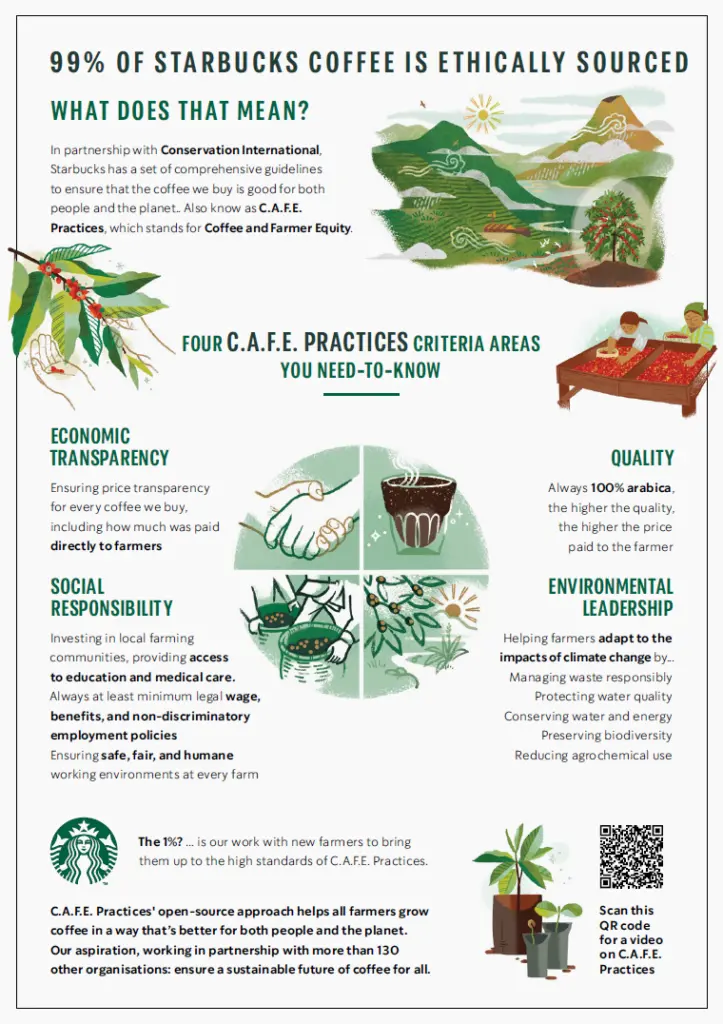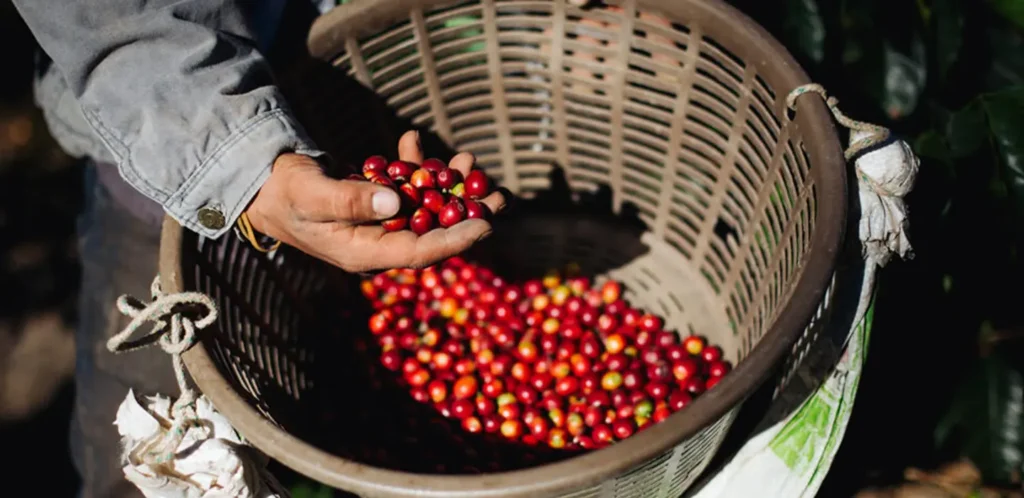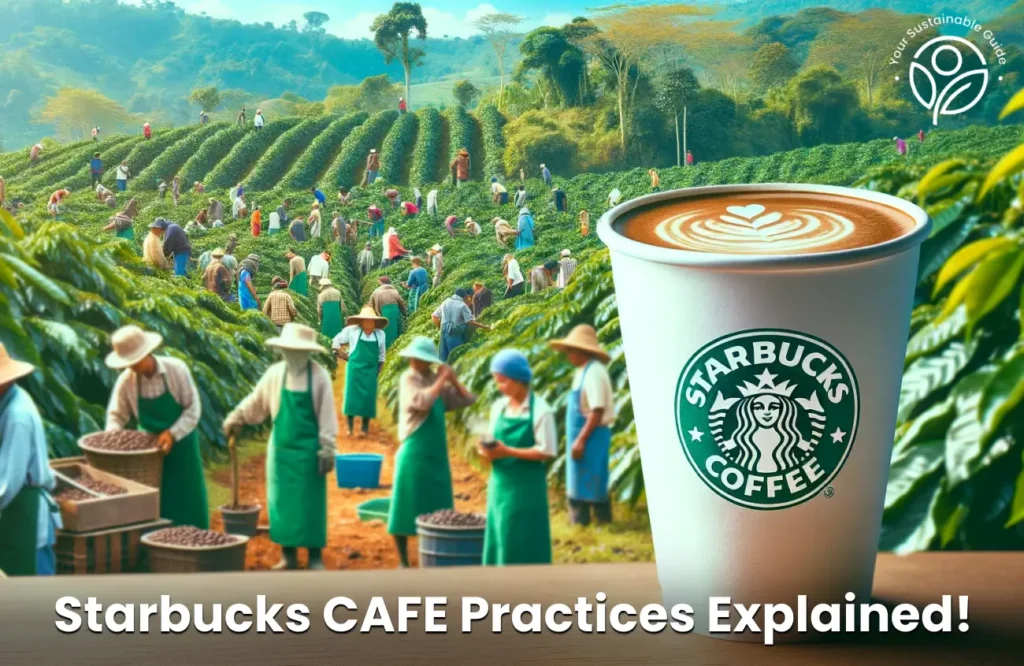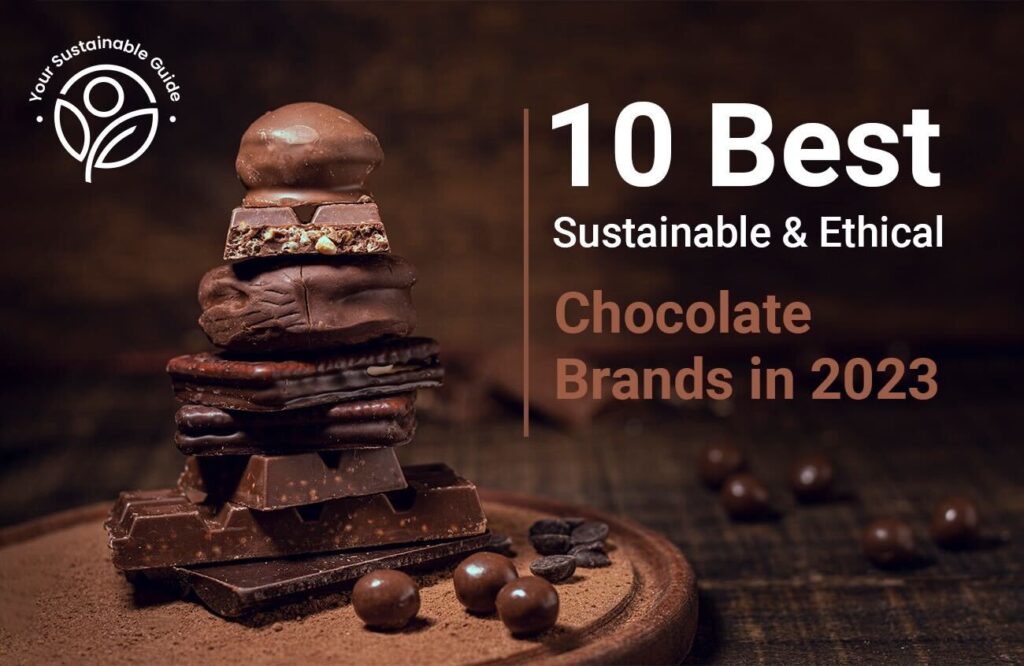Starbucks is back in the news! But this time, for the wrong reasons! The multinational coffeehouse giant is a sensation among coffee enthusiasts and cafe-goers. Unfortunately, over the years, it has been linked to numerous controversies for unethical sourcing practices. The company formed its own Starbucks CAFE Practices program to address this issue. But how effective are these CAFE Practices?
Because, once more, Brazilian labor inspectors have uncovered forced labor on coffee plantations that supply Starbucks. This incident has occurred for the umpteenth time, pointing to a systemic loophole in Starbucks’ efforts to channel an ethical supply chain. Let’s explore what these CAFE practices actually do and what difference can an ethical source stamp make.
Starbucks in the News
A recent tweet about Starbucks is going viral all over the internet. The tweet was posted after a report revealed an alarming level of unethical practices going on in some of Starbucks’ coffee farms. According to ReporterBrasil.org, in the Minas Gerais region of Brazil, 159 workers were rescued from harsh conditions on 4 coffee farms supplying Starbucks. This incident happened despite of the fact that these farms were having the Starbucks CAFE Practices (Coffee and Farmer Equity) seal. Making an apt case of modern slavery, some of the rescued laborers were as young as 15.
In Brazil, coffee farming ranked among the top five sectors reporting worker exploitation in 2022. And child labor rates in coffee cultivation areas are higher by a startling 37%. Even though Starbucks’ has made several efforts to establish an ethical supply chain following previous unethical sourcing controversies, it seems the brand has encountered another setback.
As conscious consumers are trying to switch to companies with better ethical and environmental standards, conversations questioning Starbucks’ CAFE Practices and Fair Trade certification, in general, are raging on various platforms. One such Reddit thread reflects how consumers are always on the lookout for mindful brands and how people are not falling into the trap of greenwashing. Some people expressed their views regarding the importance of standards and certifications to somewhat control labor exploitation and environmental degradation. On the contrary, others strongly feel that these are just made-up policies by organizations and industry giants that don’t actually serve the greater good.
Are Starbucks’ CAFE Practices really formulated to support its farmers and the planet? Or is it just another bogus namesake ethical standard?

What are the CAFE Practices?
Coffee and Farmer Equity or CAFE Practices was introduced by Starbucks in 2004, covering a comprehensive set of guidelines on ethical coffee sourcing methods. Developed in partnership with Conservation International, these practices are a verification initiative for evaluating coffee farms based on economic, social, and environmental standards. The goal behind CAFE Practices is to encourage transparent, profitable, and sustainable coffee cultivation while prioritizing the well-being of farmers, workers, families, and communities.
According to Starbucks CAFE Practices have assisted it in establishing a consistent supply of premium-quality coffee while benefiting the farming communities. With over 200 indicators covering financial reporting, workers’ rights, and environmental aspects, the open-sourced program is overseen by SCS Global Services to ensure audit quality and integrity.
In 2008, Starbucks aimed to buy all its coffee through CAFE Practices, Fairtrade, or other external audits by 2015. By 2014, they achieved 96% of this goal, purchasing over 209,000 tons of coffee. Currently, at 99%, Starbucks remains dedicated to achieving the final 1%. While CAFE has undergone a number of updates since its formation, the core 4 categories it assesses are Economic Transparency, Social Responsibility, Environmental Leadership, and Quality. Here’s what they stand for:
1. Economic Transparency
Suppliers must provide proof of payments made for coffee beans across the supply chain, detailing the amounts directly paid to farmers for their coffee. Starbucks commits to providing fair and transparent pricing for coffee beans, ensuring that coffee farmers receive equitable compensation for their produce.
Starbucks allows coffee farmers to understand the economic aspects of their participation in the supply chain. Due to financial transparency, the company has information about the origin farms, the names of the farmers, and the price each farmer is paid for the coffee beans.
2. Social Responsibility
Coffee farmers are required to safeguard labor rights on their farms, ensuring a safe, fair, and humane work environment. This involves adherence to criteria regarding wages, benefits, hiring practices, working hours, provision of protective equipment, and access to medical care and education.
Both permanent and temporary/seasonal workers must receive regular payment, meeting at least the nationally or regionally established minimum legal wage. Strict policies are in place with zero tolerance for any form of child labor.

3. Environmental Leadership
This program encourages sustainable agricultural practices in the cultivation and processing of coffee. It includes safeguarding water quality, enhancing soil health, preserving biodiversity, minimizing agrochemical use, and conserving water and energy.
Since 2004, there has been a strict prohibition on converting natural forests to agricultural production and using banned pesticides. Farmers, following the CAFE Practices Environmental Leadership measures, maintain shade trees and ground cover to prevent soil erosion during heavy rains, aiding in adapting to the impacts of climate change.
4. Quality
Starbucks observes strict standards for all its high-quality coffee. They exclusively obtain, roast, and offer the finest arabica coffee.
Starbucks pays premiums, supporting farmer profitability beyond the market price, for premium quality coffee verified as ethically sourced through CAFE Practice standards. Additional premiums are granted to acknowledge supply chains achieving top performance and demonstrating continuous improvement in CAFE Practices.
What Does the Ethical Sourcing Stamp Mean?

The Ethical Sourcing Stamp represents a commitment to ethical sourcing within the coffee industry. It is a powerful symbol that signifies dedication to responsible business practices and social responsibility.
Companies with the Ethical Sourcing Stamp are dedicated to supporting coffee farming communities, contributing to the upliftment and livelihoods of coffee farmers. This support often extends beyond financial considerations, broadening around aspects such as education, healthcare, and community development.
Furthermore, companies bearing this stamp are expected to engage in sustainable agricultural practices. This includes focusing on soil health, water quality, biodiversity preservation, and energy conservation. The stamp serves as a visible marker for consumers to distinguish brands that actively contribute to ethical and sustainable practices in the competitive market.
Again, verification and compliance with C.A.F.E. Practices are crucial components of the Ethical Sourcing Stamp. These factors represent a rigorous assessment of adherence to more than 200 indicators, ensuring transparency, profitability, and sustainability throughout the coffee supply chain. The verification process is usually overseen by third-party organizations to maintain the integrity of the audits.
However, despite these positive aspects, there have been a good number of controversies and criticisms surrounding the actual observation of CAFE Practices. Some critics argue that the program may not consistently deliver on its promises, raising concerns about the effectiveness of the stamp in ensuring ethical standards in the coffee industry. So, continuous scrutiny and improvement are essential to address these challenges and maintain the credibility of the Ethical Sourcing Stamp.
CAFE Practices vs Fair Trade
Starbucks CAFE Practices
Starbucks introduced CAFE Practices to validate ethical sourcing and sustainability in its coffee supply chain. These practices are exclusive to Starbucks, featuring their distinct guidelines. The multinational corporation directly sources coffee beans from farmers and cooperatives, enforcing standards for ethical and sustainable practices.
The standards within CAFE Practices are meticulously customized to Starbucks’ criteria, emphasizing crucial aspects like social responsibility, environmental conservation, and quality. Starbucks maintains a close collaboration with coffee suppliers, offering support, guidance, and training to ensure compliance with their standards. While impactful, the influence of CAFE Practices is confined to Starbucks’ coffee supply chain solely.
Fair Trade
Fair Trade is an independent certification program overseen by organizations such as Fairtrade International and Fair Trade USA, featuring standardized criteria. Unlike company-specific certifications, Fair Trade is industry-wide and available to any brand or producer meeting the established standards.
This certification provides companies with access to fairer prices, enhancing their competitiveness in the global market and ensuring economic stability. Fair Trade sets a minimum price for products and includes a premium paid to producers for investment in community development projects. To ensure compliance, Fair Trade certification involves third-party verification, adding credibility to the program’s standards.
Comparison
Starbucks CAFE Practices and Fair Trade practices differ significantly in scope and control. CAFE Practices are internal standards tailored specifically for Starbucks, providing the company with greater control and customization. In contrast, Fair Trade is a broader certification applicable to any coffee brand and other food product companies. They offer standardized criteria for ethical sourcing standards at an industry-wide level. While Fair Trade ensures broader market access, fair prices, and premiums for producers, CAFE Practices focus on Starbucks’ direct sourcing. Both involve certification processes, but the structures and oversight mechanisms vary between the two, reflecting their distinct approaches to ethical sourcing in the coffee industry.
Concluding Thoughts…
Starbucks has a devoted fan base worldwide. As the leading coffee chain player, it generates millions of profits every single year. But with bigger returns come bigger responsibilities! As much as Starbucks takes from the people and the planet, it has a duty to give back and be an example of an ethical and sustainable business. While it has introduced the CAFE Practices to map a ‘fair and just’ supply chain where farmers enjoy premium pay, it needs to monitor and make updates frequently to verify that the policies are followed at every farm.
Coffee is a stressbuster; don’t make it stressful, Starbucks!







